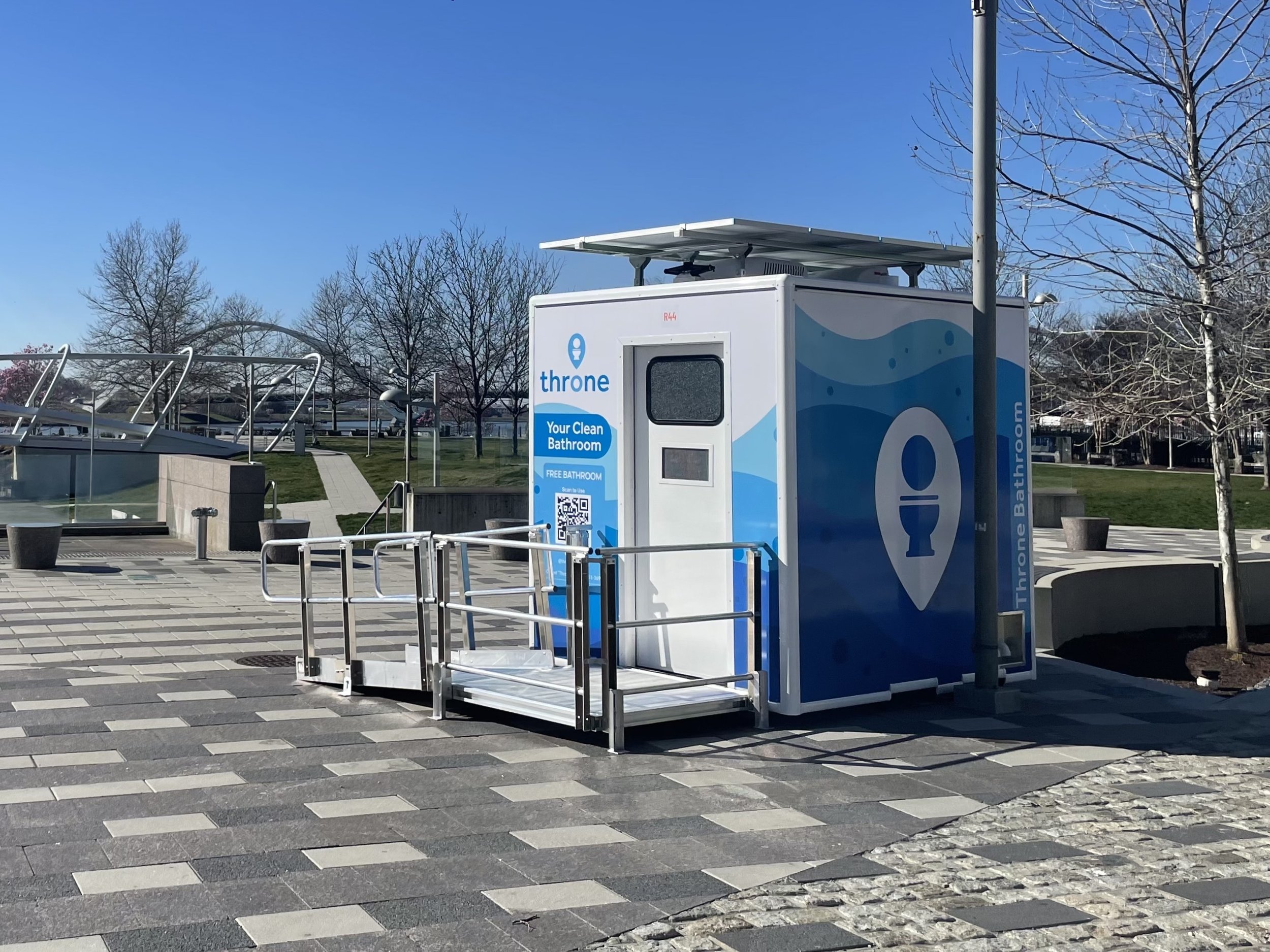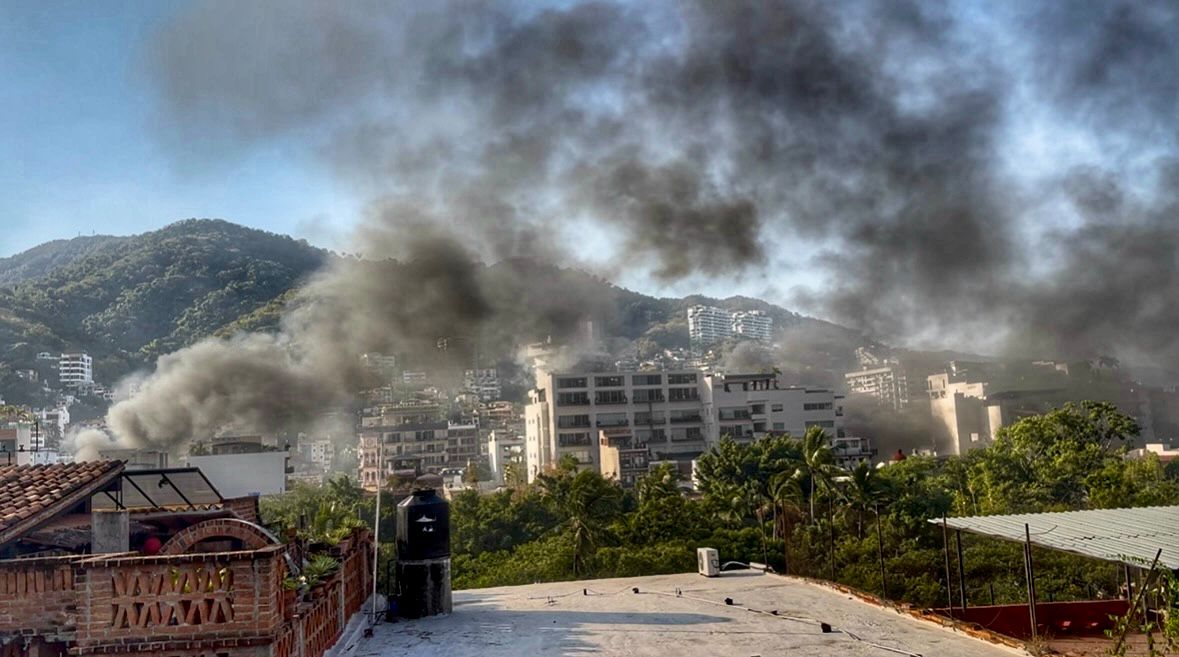As part of a six-month pilot program, Metro announced Thursday that it added bathrooms to three of its busiest stations for riders and a non-public restroom for transit operators.
"One of the challenging issues that we've grappled with over the years is the frequent request by riders for Metro to add public restrooms at stations," Steve Hymon wrote on Metro's blog, The Source. "Quite understandably, riders want to be ... comfortable, especially on long trips across our huge service area."
The transit agency partnered with a start-up company called Throne, which aims to address a lack of public restrooms. Metro added restrooms at the Westlake/MacArthur Park station on the B (Red)/D (Purple) Lines; Willowbrook/Rosa Parks station on the A (Blue)/C (Green) Lines; and the Norwalk station on the C Line.
Metro also added a non-public restroom for bus/train operators at the Sylmar/San Fernando Metrolink station.
Installation of the bathrooms was completed Wednesday, and they are now open for use, according to Metro.
The restrooms, Throne units, are portable, ADA accessible, touchless and include a flushing toilet, a sink with running water, and a ventilation system. The units run on solar power and require no connections to water, sewer or electricity.
Each unit has a freshwater and wastewater tank that is more than four times larger than what's found in a regular portable toilet, according to Throne.
Stephen Tu, deputy executive officer of customer experience for Metro, told City News Service the pilot will not cost the agency a dime. He said it was made possible by Metro's unsolicited proposal process overseen by the Office of Strategic Innovation.
Tu said any company can submit an unsolicited proposal, which gives Metro an opportunity to pilot them and learn from them. The goal of the partnership with Throne is to evaluate how Metro can provide "cleaner and greater access to public restrooms," Tu added, which comes in response to the agency's Board of Directors and from public feedback.
The toilets will be free and can be unlocked using a QR code or by sending a text message with a cell phone—instructions are labeled on the outside of the restroom both in English and Spanish.
Toilets will be open 6 a.m. to 9 p.m. seven days a week. Each restroom unit has 21 internet-connected sensors that allow Throne to know if everything is working and when units need cleaning.
Users can also rate their experience and report issues.
Bathrooms are limited to 10 minutes, which is consistent with other automated restrooms located at El Monte and Harbor Gateway stations, Tu said.
Metro ambassadors will have the ability to open toilets if not in use and will be monitoring the toilets to help riders access them, if needed.
According to Tu, the agency has had issues in the past when restrooms or other facilities that provide substantial privacy are used inappropriately, often leading the agency to close them down or restrict access.
Tu emphasized Metro will be able to use the data and feedback from riders during the pilot to guide its decisions forward about improving riders' experience.
Metro has public restrooms at Union Station, El Monte, and Harbor Gateway stations—three busy hubs, but just a fraction of the hundreds of rail and bus stops across its system.






